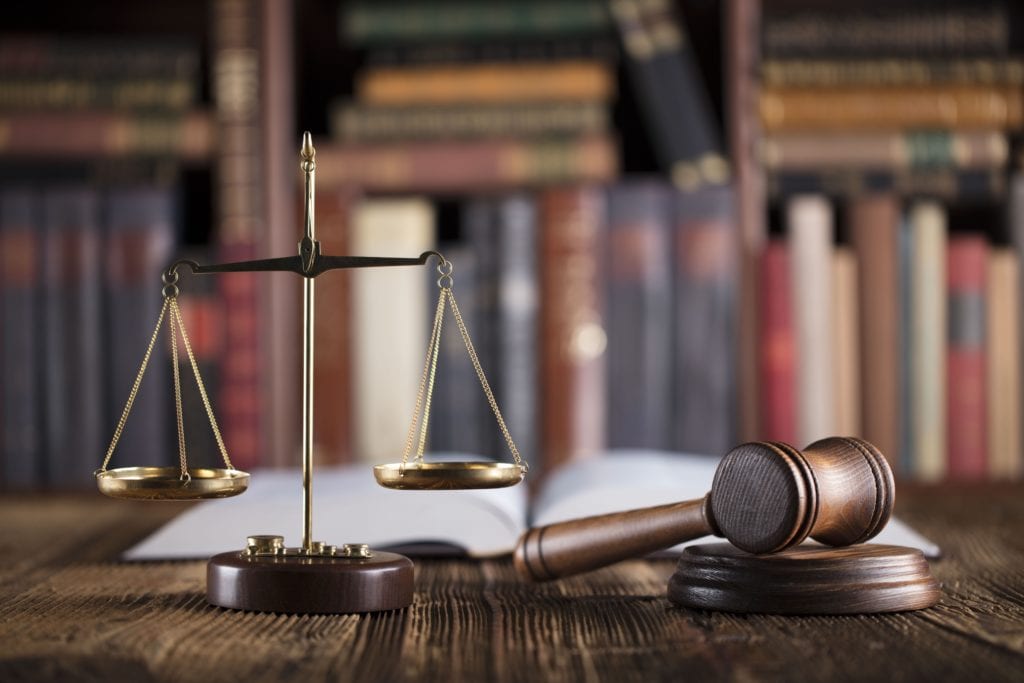News
Why is the rule of law important to modern democracies?

The rule of law is a fundamental principle that underpins modern democracies, ensuring justice, equality, and stability. It serves as a cornerstone for democratic governance, safeguarding the rights of citizens and maintaining the balance of power within a state.
This article explores why is the rule of law important to modern democracies, examining its key functions, benefits, and the challenges it faces.
Understanding the rule of law
The rule of law is the principle that all individuals and institutions, including the government, are subject to and accountable under the law. It ensures that laws are applied equally and fairly, and that justice is administered without bias or favoritism.
Historical context
The concept of the rule of law has deep historical roots, tracing back to ancient civilizations and philosophical traditions. Prominent thinkers like Aristotle, John Locke, and Montesquieu emphasized the importance of law in governing societies. The Magna Carta of 1215 and the United States Constitution are landmark documents that enshrine the rule of law in modern governance.
Why is the rule of law important to modern democracies? Key functions
The rule of law is crucial in protecting individual rights and freedoms. It ensures that citizens have access to justice and that their rights are upheld by impartial courts.
- Civil liberties: The rule of law guarantees fundamental civil liberties, such as freedom of speech, assembly, and religion.
- Equal protection: It ensures that all individuals are treated equally under the law, preventing discrimination and ensuring justice for all.
Accountability of government
In modern democracies, the rule of law holds government officials accountable for their actions. It prevents the abuse of power and promotes transparency and integrity in governance.
- Checks and balances: The rule of law supports a system of checks and balances, ensuring that no branch of government becomes too powerful.
- Judicial review: Courts have the authority to review and, if necessary, invalidate laws and actions that violate the constitution or legal principles.
Maintenance of social order
The rule of law is essential for maintaining social order and public safety. It provides a framework for resolving disputes and administering justice in a peaceful and orderly manner.
- Law enforcement: Effective law enforcement agencies operate under the rule of law to protect citizens and uphold public order.
- Conflict resolution: Legal systems provide mechanisms for resolving conflicts, reducing the likelihood of violence and social unrest.
Benefits of the rule of law in modern democracies
The rule of law creates a stable and predictable legal environment, which is conducive to economic growth and development.
- Business confidence: Businesses and investors have greater confidence in a legal system that is transparent, predictable, and fair.
- Property rights: The protection of property rights under the rule of law encourages investment and innovation.
Enhances social justice
The rule of law promotes social justice by ensuring that laws are applied fairly and equitably, protecting the rights of marginalized and vulnerable groups.
- Access to justice: It ensures that all individuals have access to legal representation and the courts, regardless of their socio-economic status.
- Reduction of inequality: By upholding equal protection under the law, it helps to reduce social and economic inequalities.
Strengthens democratic institutions
The rule of law is foundational to the functioning of democratic institutions. It supports the legitimacy and effectiveness of these institutions by ensuring that they operate within the bounds of the law.
- Free and fair elections: The rule of law guarantees the integrity of electoral processes, ensuring that elections are free, fair, and transparent.
- Public trust: By promoting accountability and transparency, the rule of law enhances public trust in government and democratic institutions.
Challenges to the rule of law in modern democracies
Corruption poses a significant threat to the rule of law. It undermines public trust and erodes the effectiveness of legal and political institutions.
- Bribery and fraud: Corruption in the judiciary and law enforcement can lead to unjust outcomes and a lack of accountability.
- Institutional weakness: Weak institutions are more susceptible to corruption, which can destabilize democratic governance.
Political interference
Political interference in the judicial system undermines the independence of the judiciary and the rule of law.
- Judicial independence: The rule of law requires that judges make decisions based on the law and evidence, free from political pressure or influence.
- Separation of powers: Ensuring a clear separation of powers between the executive, legislative, and judicial branches is essential for upholding the rule of law.
Access to justice
In many democracies, access to justice remains a significant challenge, particularly for marginalized and vulnerable populations.
- Legal aid: Ensuring that all individuals have access to legal representation is crucial for upholding the rule of law.
- Court backlogs: Overloaded court systems can delay justice, undermining the effectiveness of the legal system.
Final thoughts
The rule of law is fundamental to the functioning of modern democracies. It protects individual rights, holds governments accountable, maintains social order, and promotes economic and social development. Despite the challenges it faces, the rule of law remains essential for ensuring justice, equality, and stability in democratic societies.
Upholding the rule of law requires continuous efforts to strengthen legal and political institutions, combat corruption, and ensure access to justice for all citizens. By doing so, democracies can thrive and provide a fair and equitable society for all.
